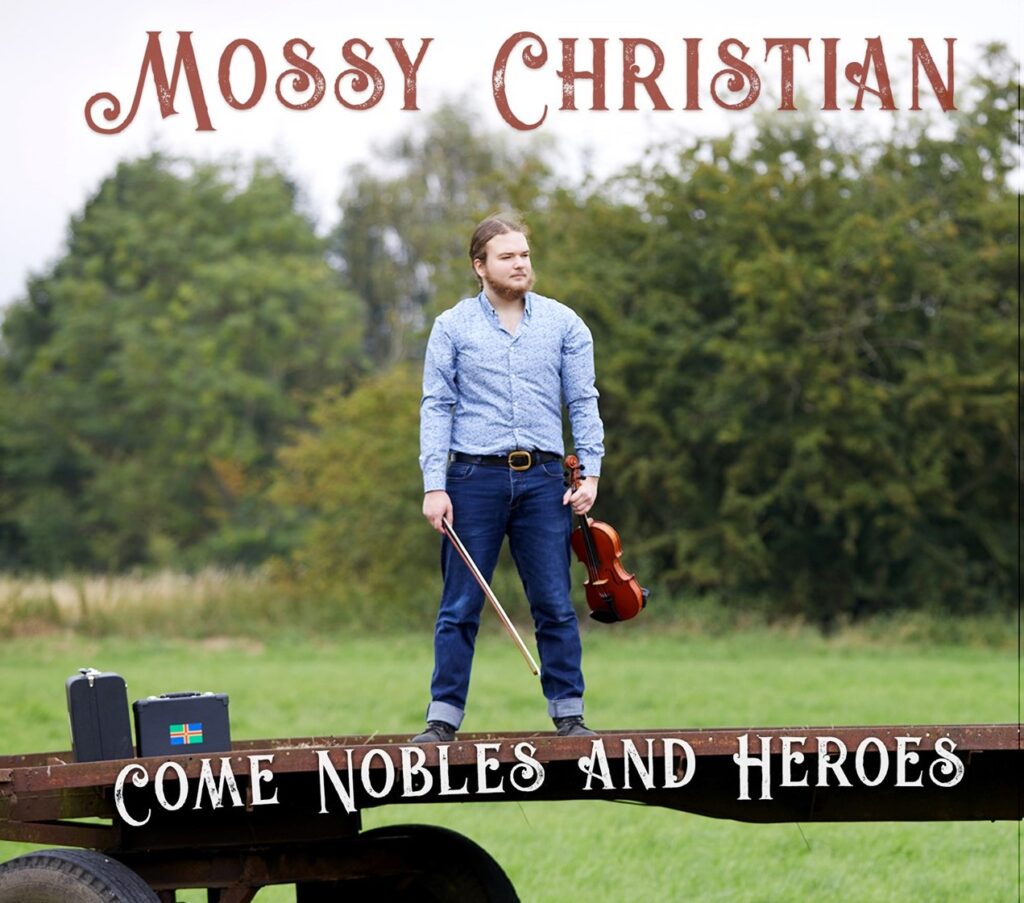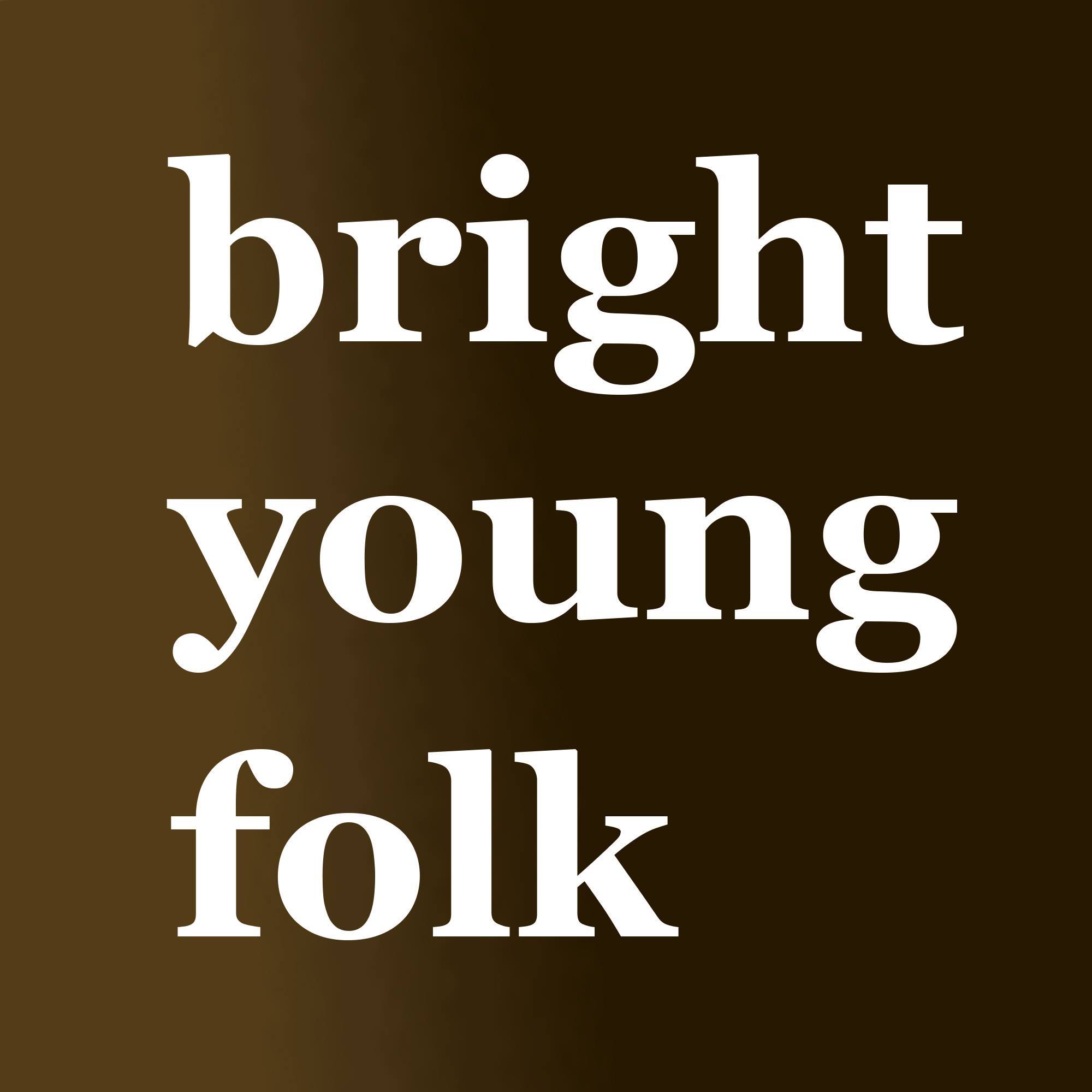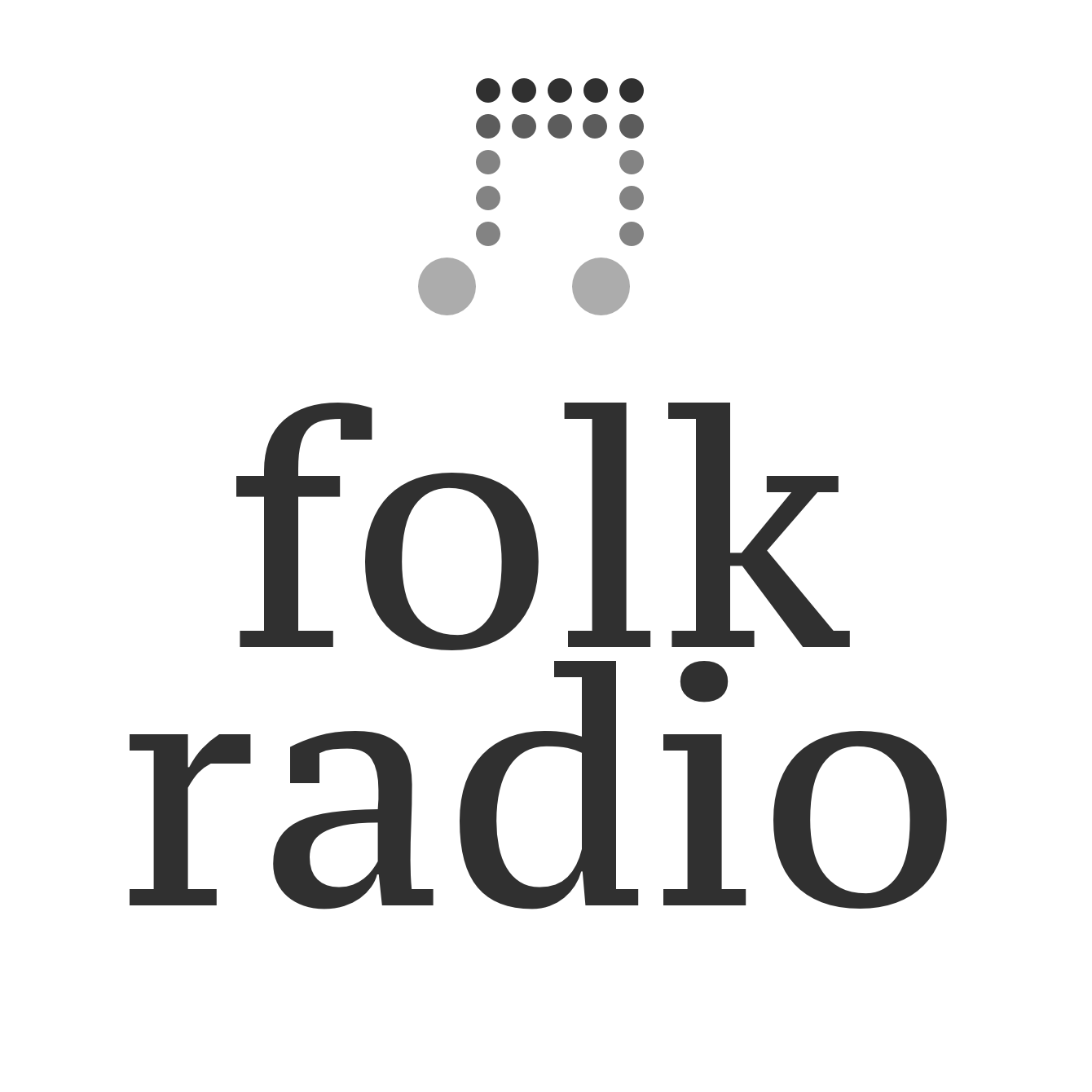'Brilliant!'
What's Afoot
'Wholly Irresistible'
Folk Radio UK
'Intensely Uplifting' FATEA Magazine
Debut solo album released Jan. 2021
Come Nobles and Heroes – the debut solo album from Mossy Christian. Released by One Row Records on the 1st of January 2021, and available now on CD and Download from their online shop and on Bandcamp.
Mossy Christian – Fiddle, Vocals, Anglo Concertina, One Row Melodeon
Tim Walker – Percussion, Cornet. Gina Le Faux – Mandolin. Johnny Adams – Trombone. Jon Loomes – Guitar, Hurdy Gurdy. Edwin Beasant – Tuba. Ruth Bibby – Clog Dancing
What the reviewers are saying...
Mossy Christian will be a new name to a majority of readers, even those well versed in traditional folk. But if that's your bag, then you're unlikely to do better than this intensely uplifting album. Hailing from Lincolnshire, Mossy appears to have emerged straight onto the scene without fanfare or preamble, with a debut album that would be the envy of any artist bearing a clutch of folk awards - if you get my drift … It really is that good. For Mossy, who plays fiddle, anglo concertina and one-row melodeon as well as singing, is one of those enviably consummate young musicians who's entirely steeped in traditional music and has unassumingly and with total commitment attained a high degree of accomplishment and an astounding versatility. Mossy sings in an individual style that's clearly inspired by role-models like Joseph Taylor, Harry Cox, Walter Pardon, Mike Waterson and Peter Bellamy, all of whom are quite rightly namechecked in his humble and informative liner notes, from perusal of which it's abundantly clear that his music-making is driven by the material he performs informed by his own deep understanding and uncompromising love of the traditional repertoire and styling.
Mossy's debut album exudes a real sense of old-fashioned (in a good way!), "traditional" atmosphere, laced with a frisson of discovery and genuine good-time. Rather reminiscent of those classic albums by the likes of Pete Coe and Tony Rose, not least in presenting their central performer in due focus but a truthful context that showcases his many talents while surrounding - as opposed to submerging - him with sympathetic fellow-musicians who here clearly respect Mossy's values and musicianship, all topped off with a proud production courtesy of the masterly Jon Loomes. There's shed-loads of variety in the scale and tenor of the settings, from sparing solo performances to altogether fuller band arrangements (rather in the manner of New Victory Band or early Albion Band, say…). The zest and sheer vitality of Mossy's own musicality and artistic personality are brilliantly mirrored in his choice of musical bedfellows - Tim Walker (percussion and cornet), Gina Le Faux (mandolin), Johnny Adams (trombone), Edwin Beasant (bass bugle), Jon Loomes (guitar, hurdy gurdy) and Ruth Bibby (clog dancing).
The album gets under way splendidly with a seriously jolly, rumbustious pair of Lincolnshire Quicksteps, following which the smile is unlikely to leave you for the rest of the album's duration, even though it contains the occasional less cheery number (the Joseph Taylor version of The Red Barn Murder, and the Ballad of Henry & Susannah from The Transports)! Along the way we encounter the magical side of Kipling (The Way Through The Wood), the broadside Lincoln Races, an a cappella rendition of The Thresher's Daughter (more commonly known as Betsy The Serving Maid, from the singing of Harry Cox) and finishing up in grand rousing Flowers & Frolics fashion with Jim Ellwood's portrait of music-hall legend Dan Leno. My favourite track here, though, is an especially beautiful local (= Keelby near Grimsby) variant of A Young Sailor Cut Down In His Prime, with Mossy at his most sensitive. Each track displays a refreshing economy of presentation, and the instrumental selections (brief tune sets) are thoroughly delightful, clog-tapping and foot-warming and way above mere interlude status, each contributing dynamically to the special flavour of the collection as a whole.
This is a most engaging, well rounded album that's a great showcase for a charismatic performer of whom you're destined to hear much more in the years to come.
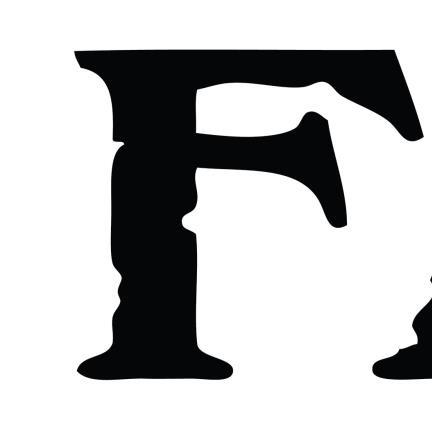
Dave Kidman
FATEA Magazine
Having released an album of fiddle duets last year with Jim Eldon, the award winning Lincolnshire singer, dancer, fiddler, and author Mossy Christian now makes his solo debut, adding songs to the instrumentals, drawing on the traditions of Lincolnshire and Yorkshire from the 1700s to the present day.
With Christian playing fiddle, anglo concertina and melodeon, he is joined by Tim Walker on percussion and cornet, mandolinist Gina Le Faux, Johnny Adams on trombone and Edwin Beasant on bass bugle, with Jon Loomes contributing guitar and hurdy gurdy and Ruth Bibby doing her bit for clog dancing.
The album gets under way with a lively, clopping percussion-based instrumental double header. Appropriately titled Quicksteps and something to get any ceilidh off to a rousing start, it combines Market Rasen Feast and Louth Quickstep, sourced from a manuscript compiled by Lincolnshire papermaker Joshua Gibbons in the early 1800s.
It’s followed by the six minute long Ballad of Henry and Susannah, the first occasion to hear Christian’s richly accented vocal delivery which, accompanied by guitar and concertina, and this is meant with no disrespect, is what many would associate with the traditional ’finger in the ear’ approach. The song relates the true story of convicted thieves Henry Kable and Susannah Holmes, who met in prison where she bore him a son, the couple then being transported to New South Wales where he became a successful businessman. It’s adapted from a song written by Peter Bellamy for The Transports and plays out with a version of The Happy Meeting, a lively fiddle tune sourced from 19th century Lincolnshire folk musician John Buttrey.
Bellamy is also the source for The Way Through The Wood, a squeezebox-accompanied setting of the Rudyard Kipling poem interspersed with brass interlude, before the second jaunty Lincolnshire instrumental set, Black Joak / Blue Joak, the latter from a collection of country dances from 1740.
Another of his forays into Norfolk follows with the unaccompanied The Thresher’s Daughter, a be careful what you wish for ballad as a mother declares she’s rather see her son dead than marry beneath him. He dips into the Buttrey manuscript again for another country dance set, combining the first two parts of Mr Jackson’s Delight with the Wakefield Hunt, paired here with As Sure as The Devil’s in Lincoln from the TJ Dixon manuscript of 1798, Walker adding rat a tat military drums to proceedings.
Hurdy gurdy sets the lament mood of The Young Sailor, a variant of the barrack-room ballad The Young Sailor Cut Down In His Prime, brought low by hanging round with the “flash girls”.
Nineteenth century Tyneside fiddler James Hill is the source of The New Year’s Gift, sliding into the friskier E.A. Hornpipe, after which come perhaps the two best known numbers.
First up is William Taylor, wherein a betrayed woman is rewarded with command of her own ship for murdering her false lover and his new, wealthier, bride in a robust, urgent rendition. Followed immediately by The Red Barn Murder, this slowly swaying concertina based version of the Suffolk murder of Maria Marten in 1827 and the hanging of her killer.
Returning to his native stomping ground, heralded by cornet and sampled crowd noises, Lincoln Races has a simple fiddle and percussion backing. Christian hoofs his way through a broadside ballad from 1728, rather belatedly celebrating the opening of the new racecourse on the West Common some 25 years earlier.
The album ends with, first, Homeward Bound, a capstan shanty swayalong, complete with backing chorus, learned from the late Bob Roberts, a bargee from Dorset. Finally, again with fulsome chorus, a terrific clodhopping, there’s tub-thumping singalong Dan Leno, a tribute to the great music hall comedian written by clog dancer champion Jim Ellington, learned from Lynette Eldon and featuring a clog solo by Bibby.
An album that pretty much symbolises the entire ethos of this website, Come Nobles and Heroes is ebullient, informed and infused with a true passion for the music and its heritage, announcing Christian as one of the true new custodians of the tradition.
Traditional musician, singer, dancer and researcher, Mossy Christian won plaudits for his album of fiddle duets with Jim Eldon a year ago and now releases his debut solo album. Come Nobles and Heroes is an album that primarily focuses on tunes and songs from Christian’s home county of Lincolnshire. His frames of reference are very much source singers like Joseph Taylor, Harry Cox and Walter Pardon along with those of the early post-war revival
As a writer and researcher, Christian has published numerous papers exploring the folk tradition, on subjects such as ‘The Midwinter Traditions of Lincolnshire’, ‘The Musical Pennock Family of Goathland’, and the folk-song collectors Frank and Ethel Kidson. What it means is that as a singer and musician Christian brings passion and knowledge to his interpretations that is perhaps unrivalled on the folk scene, certainly in a performer so young. And what a performer he is.
From the sprightly tune-set of the opening track, combining two tunes sourced from a manuscript compiled in the 1820s by Lincolnshire papermaker Joshua Gibbons, to the poignant ‘The Way Through the Wood’ a Rudyard Kipling poem originally set to music by Peter Bellamy, to the final rousing song celebrating the music hall comedian and champion clog dancer Dan Leno, Christian takes us on an exhilarating journey through eighteenth and nineteenth century life.
This is not an album for those who insist on their folk being packaged with a contemporary twist. The only concession to modernity is the clarity of the modern recording equipment which allows the talented singer and player, his equally talented supporting musicians and, importantly, the wonderful material to take centre-stage. In addition to Christian (fiddle, vocals, concertina, melodeon) the album features Tim Walker (percussion, cornet), Gina Le Faux (mandolin), Johnny Adams (trombone), Jon Loomes (guitar, hurdy gurdy), Edwin Beasant (bass bugle) and Ruth Bibby (clog dancing).
Assembled with love and meticulous attention to detail and performed with verve and vitality Come Nobles and Heroes is a fine collection of songs and tunes and an impressive solo debut from Mossy Christian.
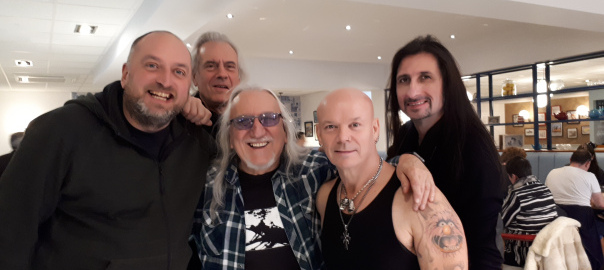
Darren Johnson
Darren's Music Blog
A new name on the scene, but one I’m sure we’ll hear lots of over the next few years is the talented Mossy Christian. This one-man wonder, hailing from Lincolnshire, has delivered an atmospheric, rousing and effortlessly charming solo album with a beautiful selection of thirteen tunes from his native lands.
As a writer and historian, Christian has a keen ear for the allure and history of traditional tunes, and Come Nobles and Heroes is a well-considered selection. Christian’s influences are worn on his 19th century smock sleeve; Joseph Taylor, Harry Cox and Walter Pardon are mentioned in the sleeve notes, so too is Peter Bellamy and Mike Waterson. Flavours of each can be found seeping through the album.
Recorded in the autumn of 2020, the album is a real stripped back affair. It’s the tunes, their history and the atmospheric sound of Christian’s that is at the album’s heart. There is a real timeless vibe to this album with a sense of stepping back in time to the sounds of Christian’s fiddle, Anglo concertina and One row melodeon. Christian’s not alone on the album though, gathering a fine gang of likeminded souls. And what a group it is too, with Tim Walker on percussion and cornet, Gina Le Faux on mandolin, Johnny Adams and Edwin Beasant on trombone, John Loomes on guitar and hurdy gurdy, and last, but not least, Ruth Bibby on clog dancing.
Opener ‘Quicksteps’ sets the scene with a fiery set of tunes, namely ‘Market Rasen Feast’ and ‘Louth Quickstep’ and originating from Joshua Gibbons 1823-26 manuscript. It’s a fine introduction, a lively and engaging welcome to the album.
‘The Thresher’s Daughter’, on the other hand, is a much more intimate piece. An interpretation of ‘Betsy The Serving Maid’ as originally sung by Norfolk farmer Harry Cox to Mervyn Plunkett in 1958. Focusing on Christian’s pure voice, it is an effective and honest interpretation.
‘Black Joak / Blue Joak’ sees Christian tackle some fine traditional English dance tunes, bringing them to life with a sensitivity, timelessness and sheer joy that makes them impossible to resists, whilst ‘The Way Through The Wood’ is a tender cover of Peter Bellamy’s interpretation of Kipling’s poem. Squeezebox and horns alongside Christian’s vocals are all that is needed here to create the sense of age and atmosphere.
‘Mr Jacksons Delight – As Sure As The Devil’s in Lincoln’ is a sprightly instrumental, guaranteed to get the toes tapping., whilst ‘The Young Sailor’ provides a lament and warning for young men too fond of the highlife. ‘The Red Barn Murder’ is an equally dark narrative, telling the well-known tale of Maria Marten. Closer is a tribute to music hall legend ‘Dan Leno’. Composed by Jim Ellwood, it is a feisty and playful song, with some nifty clog dancing by Ruth Bibby.
Come Nobles and Heroes is an utterly beguiling release, with a focus on the songs and tunes, and minimal intrusion of modernity. This is a raw, ageless album, and wholly irresistible for that. Christian is a fine steward for these songs, they are in a safe pair of hands and promises a fine live set once we can all gather again. I for one am very much looking forward to that!
It is always very encouraging to come across a young person with a a passionate interest in local folk traditions. Mossy Christian comes from Lincolnshire and his debut CD features many songs and tunes researched and collected in his home county. He is a talented musician, playing melodeon, anglo concertina and fiddle, and an accomplished singer.
The opening instrumental track (Market Rasen Feast and Louth Quickstep, from the Joshua Gibbons manuscript of the early nineteenth century) really made me want to listen to the rest of the tracks, which include several traditional songs. Mossy's singing is straightforward and unaffected by any attempt, as with some performers, to create a 'traditional' sound - whatever that is – yet he manages to instil expression and drama into his songs as appropriate to the topic. There are some interesting variations of familiar songs such as The Young Sailor (Cut Down In His Prime) and William Taylor as well as ballads I had not heard before, including The Red Barn Murder and Lincoln Races. All are good but if I had to choose a favourite song it would be The Way Through The Wood, a Rudyard Kipling poem set to music by Peter Bellamy. The CD ends as it began in a jolly, foot-tapping way with a ditty and tune, Dan Leno, about the celebrated music hall performer, complete with full chorus and accompanied by a band of fine musicians and percussive clog stepping. Brilliant !
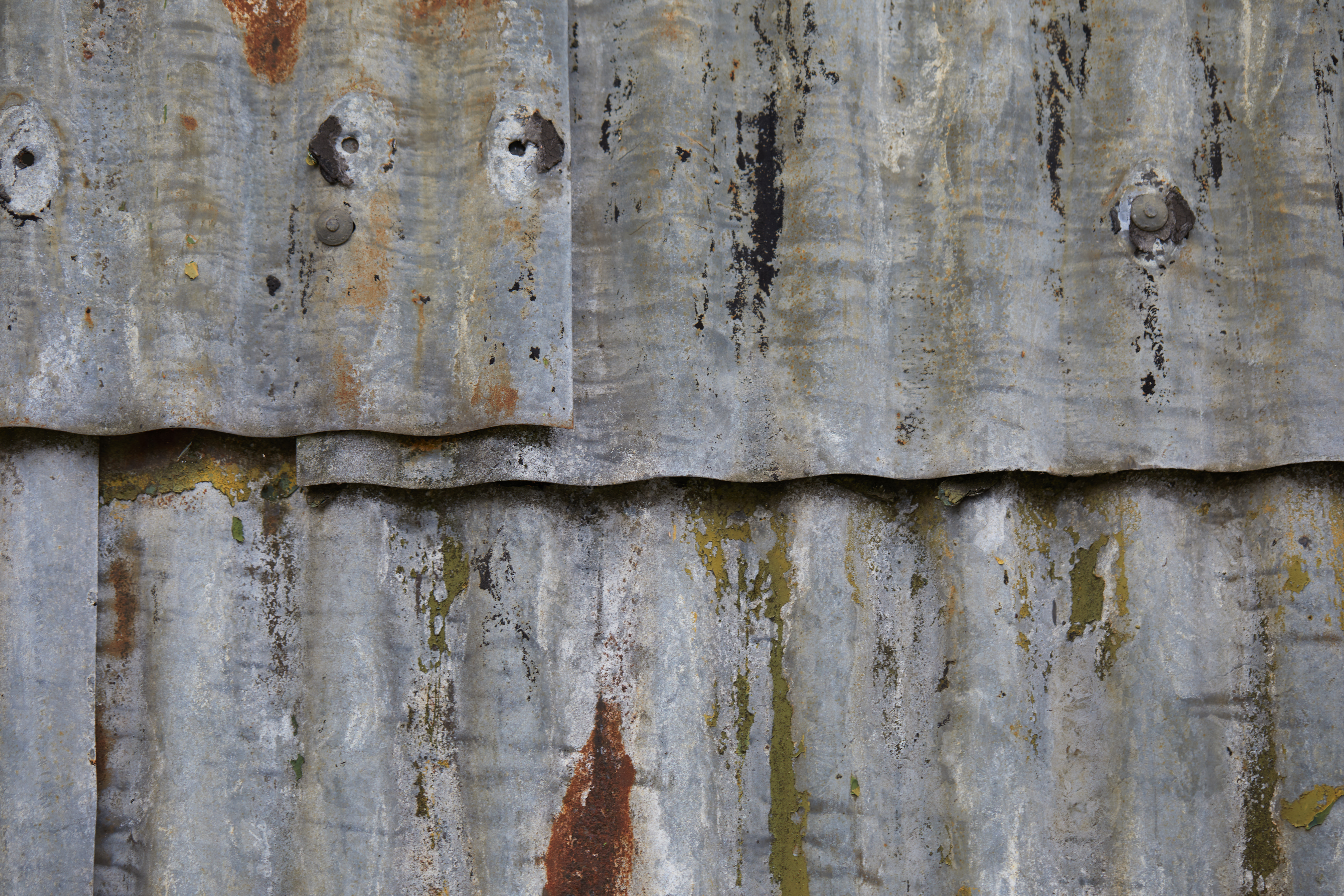
Colin Andrews
What's Afoot
Sometimes only some old-fashioned traditional music will do and Come Nobles And Heroes serves that up in great style. It is the debut album by Mossy Christian, a young (very young) singer and musician from Northern climes who plays fiddle, Anglo concertina and one-row melodeon.
The album opens with a pair of quicksteps, ‘Market Rasen Feast/Louth Quickstep’ taken at a sprightly pace and suddenly I’m hearing New Victory Band – that would be Johnny Adams’ trombone leading the brass section. Although he specialises in music from Yorkshire and Lincolnshire, he sometimes turns his attention further to the south-east, so the second track is ‘The Ballad Of Henry And Susannah’ from The Transports paired with an old Lincolnshire tune. While he’s in the vicinity, he gives us ‘The Way Through The Wood’ from the celebrated Kipling/Bellamy songwriting team. Peter, if I recall correctly, sang it at a fairly brisk tempo, but Mossy slows it down and Adams supplies a slightly spooky brass interlude.
After ‘Black Joak – Blue Joak’ Mossy returns to Norfolk for ‘The Thresher’s Daughter’ sung as ‘Betsy The Serving Maid’ by Harry Cox and later gives us ‘Homeward Bound’ by the wonderful and sadly departed Bob Roberts. Bob was originally from Dorset but he made his name as mate and skipper on a number of sailing barges, although ‘Homeward Bound’ seems to originate from his longer voyages, possibly the Caribbean.
I’m old enough to have heard most of these songs, or variants of them, before which makes this a very comfortable listen for me but there are two songs towards the end that are new to me. The first, heralded by Tim Walker’s cornet, is a broadside, ‘Lincoln Races’, which is accompanied just on fiddle and percussion – Walker again. The second is ‘Dan Leno’ written by champion clog dancer Jim Ellwood. The assembled cast take the opportunity to throw the kitchen sink at the last song, including Ruth Bibby’s clogging and a massed arrangement that NVB would have been proud of.
If you think Come Nobles And Heroes sounds like excellent listening and a lot of fun as well you’d be right and Mossy is on my must see list as soon as we’re free to go out again.
